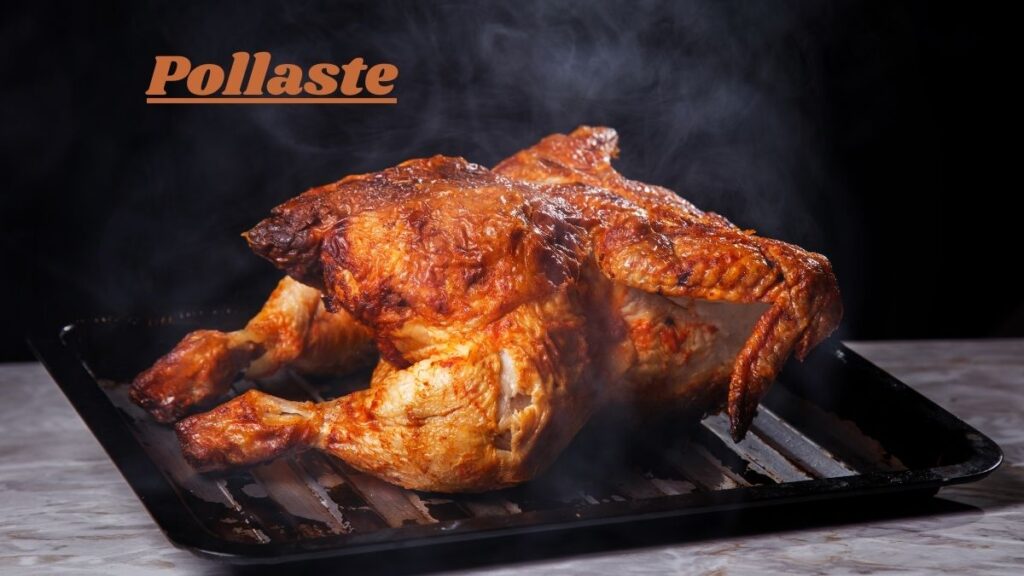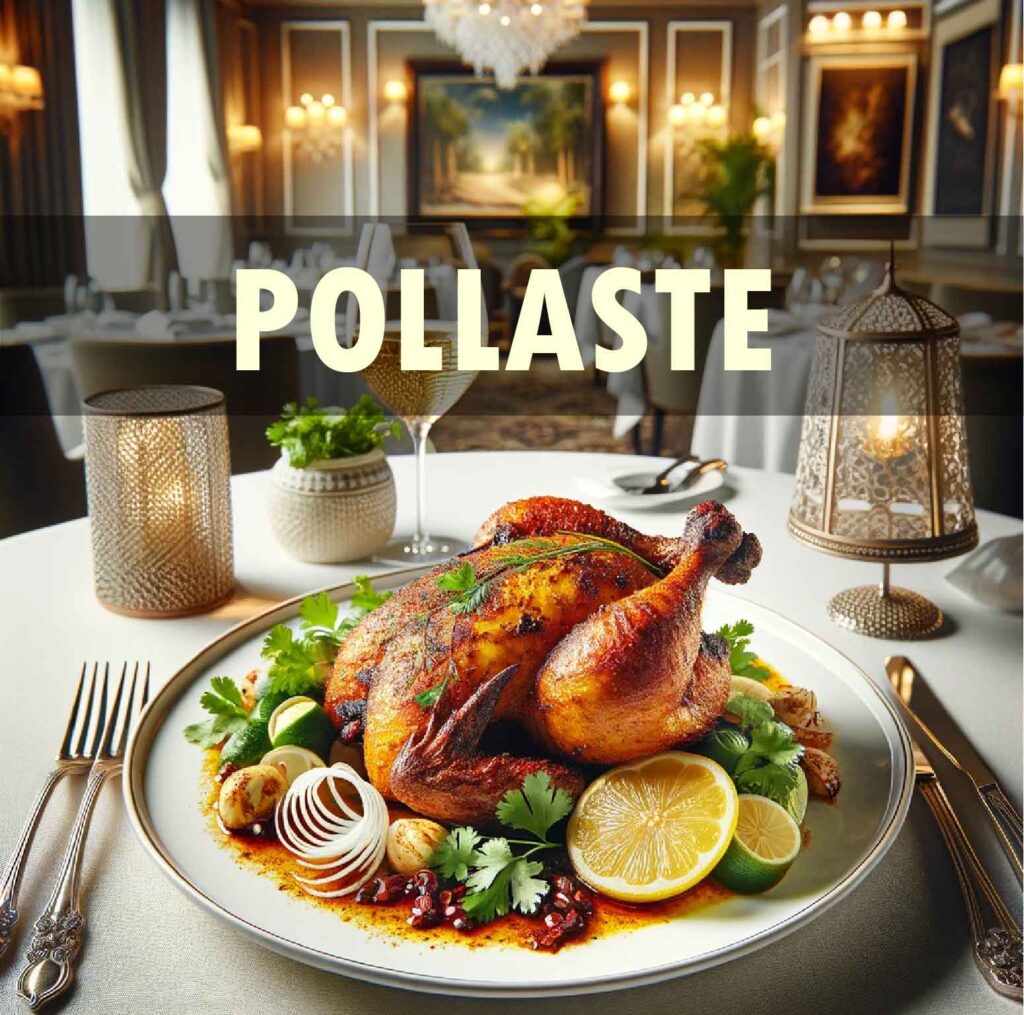
Raising healthy pollaste requires dedication, knowledge, and a commitment to providing the best care possible. Whether you’re a seasoned poultry keeper or a novice enthusiast, ensuring the well-being of your feathered friends is paramount. In this comprehensive guide, we delve into ten essential tips and best practices to help you raise robust and content pollaste. From nutrition to habitat management, we cover all aspects to ensure your flock flourishes. Let’s embark on this journey together and unlock the secrets to successful pollaste rearing.
1. Understanding Pollaste Behavior and Needs
Understanding the behavior and needs of pollaste is crucial for their well-being. Pollaste are social creatures that thrive in groups, so providing ample space for them to roam and interact is essential. Additionally, understanding their dietary requirements and natural behaviors can help you create an environment that supports their health and happiness.
Pollaste are naturally curious and enjoy foraging for food. Providing access to a varied diet and opportunities for exploration will keep them engaged and mentally stimulated. Regular observation of your pollaste will also allow you to identify any signs of illness or distress early on, enabling prompt intervention and treatment.
2. Creating a Suitable Habitat
Creating a suitable habitat is essential for raising healthy pollaste. Ensure that their living area is spacious, well-ventilated, and secure from predators. Provide nesting boxes for egg-laying and roosting perches for resting at night. Additionally, maintain cleanliness by regularly cleaning the coop and replacing bedding to prevent the buildup of bacteria and parasites.
3. Optimizing Nutrition
Proper nutrition is vital for the health and vitality of pollaste. A balanced diet should include a combination of commercial feed, fresh fruits and vegetables, and access to grit for digestion. Supplementing their diet with calcium-rich foods such as oyster shells can help prevent eggshell deficiencies and ensure strong egg production.
4. Promoting Hygiene and Cleanliness
Maintaining proper hygiene and cleanliness in the coop is essential for preventing the spread of disease and ensuring the health of your pollaste. Regularly clean food and water containers, remove soiled bedding, and disinfect the coop to eliminate bacteria and parasites. Additionally, practice good biosecurity measures to prevent the introduction of pathogens to your flock.
5. Providing Adequate Veterinary Care
Regular veterinary check-ups are essential for monitoring the health of your pollaste and addressing any concerns promptly. Vaccinations, parasite control, and routine health checks can help prevent illness and ensure the longevity of your flock. Establishing a relationship with a poultry veterinarian can provide invaluable support and guidance in caring for your pollaste.
6. Implementing Biosecurity Measures

Implementing biosecurity measures is crucial for preventing the spread of infectious diseases among your pollaste. Restricting access to your property, quarantining new birds, and disinfecting equipment and footwear can help minimize the risk of disease transmission. Additionally, practicing proper hygiene and sanitation protocols can safeguard the health of your flock and prevent costly outbreaks.
7. Managing Stress and Environmental Factors
Managing stress and environmental factors is essential for promoting the overall well-being of your pollaste. Avoid overcrowding, extreme temperatures, and loud noises, as these can induce stress and compromise their immune system. Provide shelter from inclement weather and access to fresh water and shade during hot weather to ensure your pollaste remains comfortable and stress-free.
8. Monitoring Egg Production and Quality
Monitoring egg production and quality is essential for assessing the health and reproductive performance of your pollaste. Keep track of egg-laying patterns, shell quality, and any abnormalities such as soft shells or irregularities. Adjusting their diet, environmental conditions, or management practices as needed can help optimize egg production and ensure a steady supply of high-quality eggs.
9. Encouraging Natural Behaviors
Encouraging natural behaviors such as foraging, dust bathing, and socializing is essential for the mental and physical well-being of your pollaste. Provide opportunities for free-range exploration, enrichment activities, and social interaction with other flock members. Mimicking their natural environment as closely as possible will promote a fulfilling and enriching lifestyle for your pollaste.
10. Continuous Learning and Improvement
Continuous learning and improvement are key to becoming a successful pollaste keeper. Stay informed about the latest research, best practices, and advancements in poultry husbandry. Network with other poultry enthusiasts, join online forums and attend workshops or seminars to expand your knowledge and skills. By staying proactive and adaptable, you can provide the best possible care for your pollaste and ensure their health and happiness for years to come.
Raising Healthy Pollaste: Tips and Best Practices:
Raising healthy pollaste requires attention to detail, dedication, and a genuine passion for poultry keeping. By implementing the tips and best practices outlined in this guide, you can create a nurturing environment where your pollaste thrives. From understanding their behavior to providing optimal nutrition and healthcare, every aspect plays a crucial role in ensuring their well-being. By prioritizing their needs and continuously striving for improvement, you can enjoy the rewards of raising healthy and content pollaste.
FAQs:
How often should I clean the coop?
Regular cleaning of the coop is essential to maintain a healthy environment for your pollastes. Aim to clean the coop at least once a week, removing soiled bedding, and disinfecting surfaces to prevent the buildup of bacteria and parasites.
What should I feed my pollaste?
A balanced diet is essential for the health and vitality of your pollaste. Provide a combination of commercial feed, fresh fruits and vegetables, and access to grit for digestion. Supplement their diet with calcium-rich foods such as oyster shells to support egg production.
How can I prevent disease outbreaks in my flock?
Implementing biosecurity measures is crucial for preventing the spread of infectious diseases among your pollaste. Restrict access to your property, quarantine new birds, and practice good hygiene and sanitation protocols to minimize the risk of disease transmission.
What vaccinations does my pollaste need?
Vaccinations play a vital role in preventing common poultry diseases. Consult with a poultry veterinarian to determine the appropriate vaccination schedule for your flock based on their age, health status, and risk factors.
How do I know if my pollastes is stressed?
Signs of stress in pollaste may include decreased egg production, feather pecking, aggression, or unusual behavior. Monitor your flock closely for any changes and address stressors promptly to ensure their well-being.
What should I do if my pollaste becomes ill?
If you suspect that your pollastes is ill, consult with a poultry veterinarian immediately for a proper diagnosis and treatment plan. Isolate sick birds from the rest of the flock to prevent the spread of disease and provide supportive care as recommended by your veterinarian.
Conclusion:
Raising healthy pollaste requires a combination of knowledge, dedication, and proactive care. By understanding their needs, providing suitable habitat, and implementing best practices in nutrition, hygiene, and healthcare, you



